Hoa Thanh town's Youth Union members give environmentally friendly bags to shoppers. Illustrative photo KK
Plastic waste has become a global environmental problem, not just in Vietnam. The convenience of plastic items such as nylon bags, straws, food containers, etc. cannot be denied. However, they are a danger to the environment because they are difficult to decompose.
Even when buried, they can last for hundreds of years, polluting the soil environment, making the soil unable to retain water, leading to erosion, lack of nutrients and oxygen, affecting plant growth.
In some traditional markets in Tay Ninh city, Hoa Thanh town such as Long Hoa market, Ward 3 market, Tay Ninh city market... most traders and market goers use nylon bags to hold food, goods...
A fishmonger at Long Hoa market in Hoa Thanh town said that using nylon bags to store fish is the most convenient because fish is a wet commodity. She admitted that recently, the authorities have also promoted the restriction of nylon bag use, but she has no other choice.
According to Ms. NTA - residing in Ward 3, Tay Ninh City, in the past, to join hands in protecting the environment, there was a time when she also used environmentally friendly bags to carry food and items when going to the market. However, this type of bag is more expensive than nylon bags.
When going to the market, having to carry many bags to hold different types of food is very inconvenient compared to nylon bags. Not to mention, even though she bought environmentally friendly bags that could be used many times, they quickly deteriorated, so she went back to using nylon bags.
It can be said that the use of nylon bags to store food at traditional markets, grocery stores, etc. is a habit that is very difficult to change.
A representative of Co.opmart supermarket in Tay Ninh city said that since 2011, the Ho Chi Minh City Union of Trade Cooperatives ( Saigon Co.op ) has boldly replaced 100% of plastic bags with environmentally friendly bags.
This type of bag uses Reverte additive, which has the advantage of being biodegradable in an environment with suitable temperature and light conditions; the average time for complete decomposition is from 9-27 months, depending on the Reverte additive content; temperature, humidity of the soil environment and sunlight. Customers who come to shop at Co.opmart will be given this type of bag for free. However, the environmentally friendly bag has the disadvantage of being more easily torn than nylon bags when used to store heavy goods.
Saigon Co.op has orientations to create the habit of using environmentally friendly bags among consumers, thereby spreading general awareness to the community. Saigon Co.op has replaced food packaging with natural-friendly materials such as banana leaves, sedge, water hyacinth leaves... Organizing the activity "Day without nylon bags", customers bring their own paper bags to carry goods.
In addition, programs to give points and green stamps to encourage customers to use environmentally friendly bags when shopping are still regularly implemented by Saigon Co.op. From June 22 to July 12, 2023, Saigon Co.op will organize the program "Vietnamese Family - Green Ambassador" to contribute to spreading consumer awareness to protect the environment with Co.opmart.
Nylon bags appear at street vendors.
Mr. Tran Minh Son - Deputy Director of the Department of Natural Resources and Environment stated that to limit plastic waste, using environmentally friendly bags is a feasible solution, but the cost is 3 times higher than nylon bags, the lifespan is short, and it is inconvenient, so it is impossible to change people's habit of using nylon bags overnight.
Mr. Son said that the core issue is to focus on propaganda to raise people's awareness of limiting the use of nylon bags. Propaganda work needs to be synchronous, the entire political system, socio-political organizations must participate and must propagate for a long time about the harmful effects of nylon bags on the environment, mobilizing people to gradually move towards using environmentally friendly bags.
For example, in Da Nang city, when socio-political organizations stepped in to promote strong propaganda, it brought about practical results in classifying waste at source for households over a long period of time.
Not only appearing in traditional markets, nylon bags also appear at street vendors and grocery stores as a habit of people.
Accordingly, in addition to organic waste bins, households also have a separate bag for glass and hazardous items. Every day, garbage collection businesses only come to collect organic waste, while the separate bag for glass and hazardous waste is only collected once a month, transported, and disposed of according to regulations.
Therefore, changing people's awareness of the dangers of plastic bags to the environment is the core factor in the solution to limit the use of plastic bags.
This year's World Environment Day on June 5 was launched by the United Nations Environment Programme (UNEP) with the theme "Solutions to plastic pollution", focusing on the campaign "Fighting plastic pollution".
According to UNEP, environmental pollution from plastic waste is becoming the most urgent problem facing countries around the world. Every year, about 400 million tons of plastic are produced worldwide, half of which is designed for single use only, less than 10% is recycled. An estimated 19 - 23 million tons are discharged into lakes, rivers and seas every year.
Microplastics are tiny plastic particles that enter our food, water, and air. It is estimated that every person on the planet may ingest more than 50,000 microplastic particles each year. Single-use plastics that are discarded or burned are harmful to human health and pollute ecosystems from mountaintops to ocean floors.
With solutions and science available to address the problems, governments, companies and other stakeholders must scale up and accelerate actions to address this crisis. This highlights the importance of World Environment Day in catalyzing action change from all corners of the globe.
In recent years, Vietnam has been implementing many mechanisms, strategies, policies and projects to reduce plastic waste and protect the environment. Typically, the Law on Environmental Protection 2020 has added regulations on reducing, reusing, recycling and treating plastic waste; limiting the use of disposable plastic products and hard-to-decompose nylon bags; encouraging the production of environmentally friendly products to replace traditional plastic products.
Tan Hung
Source link


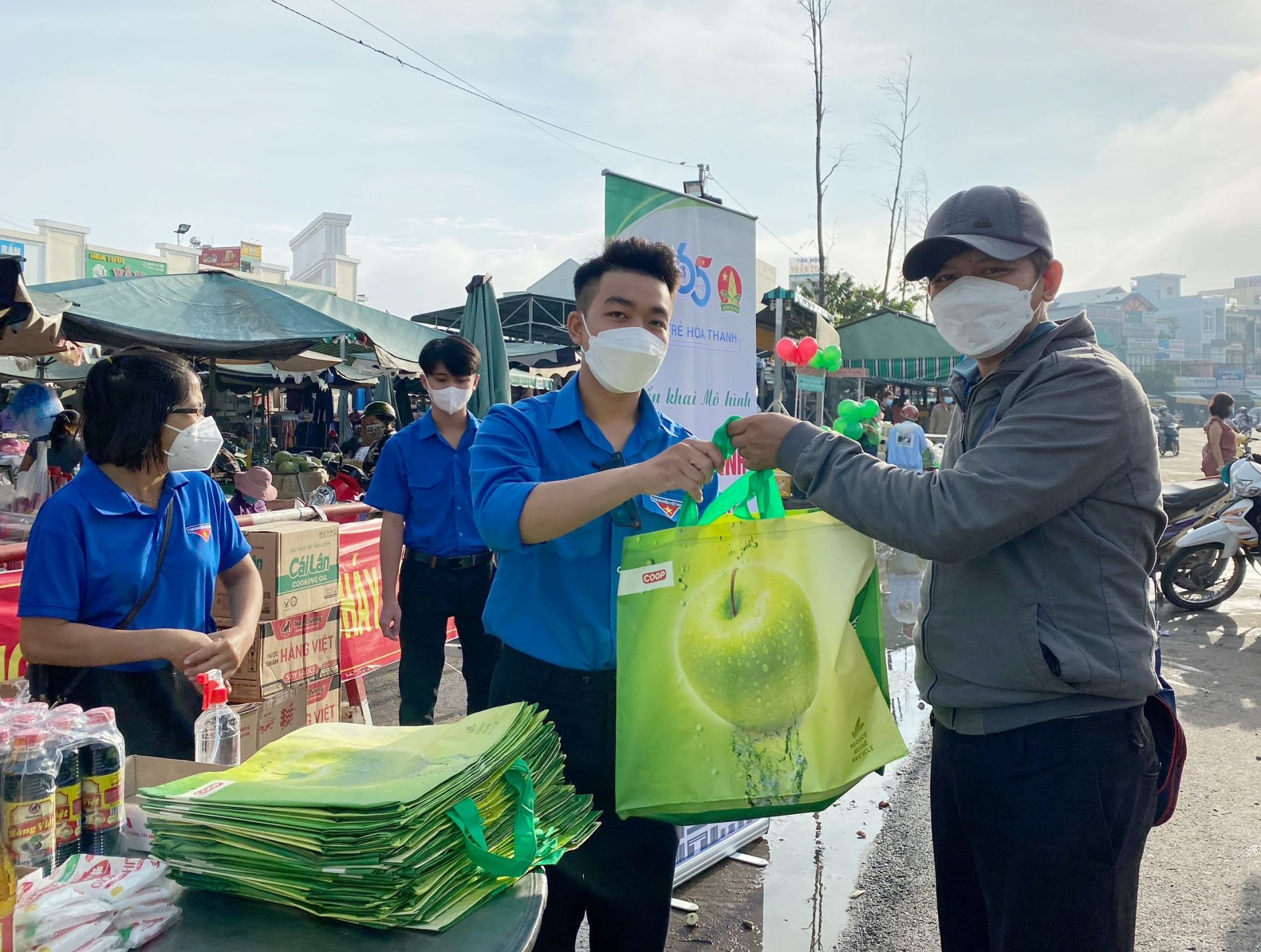
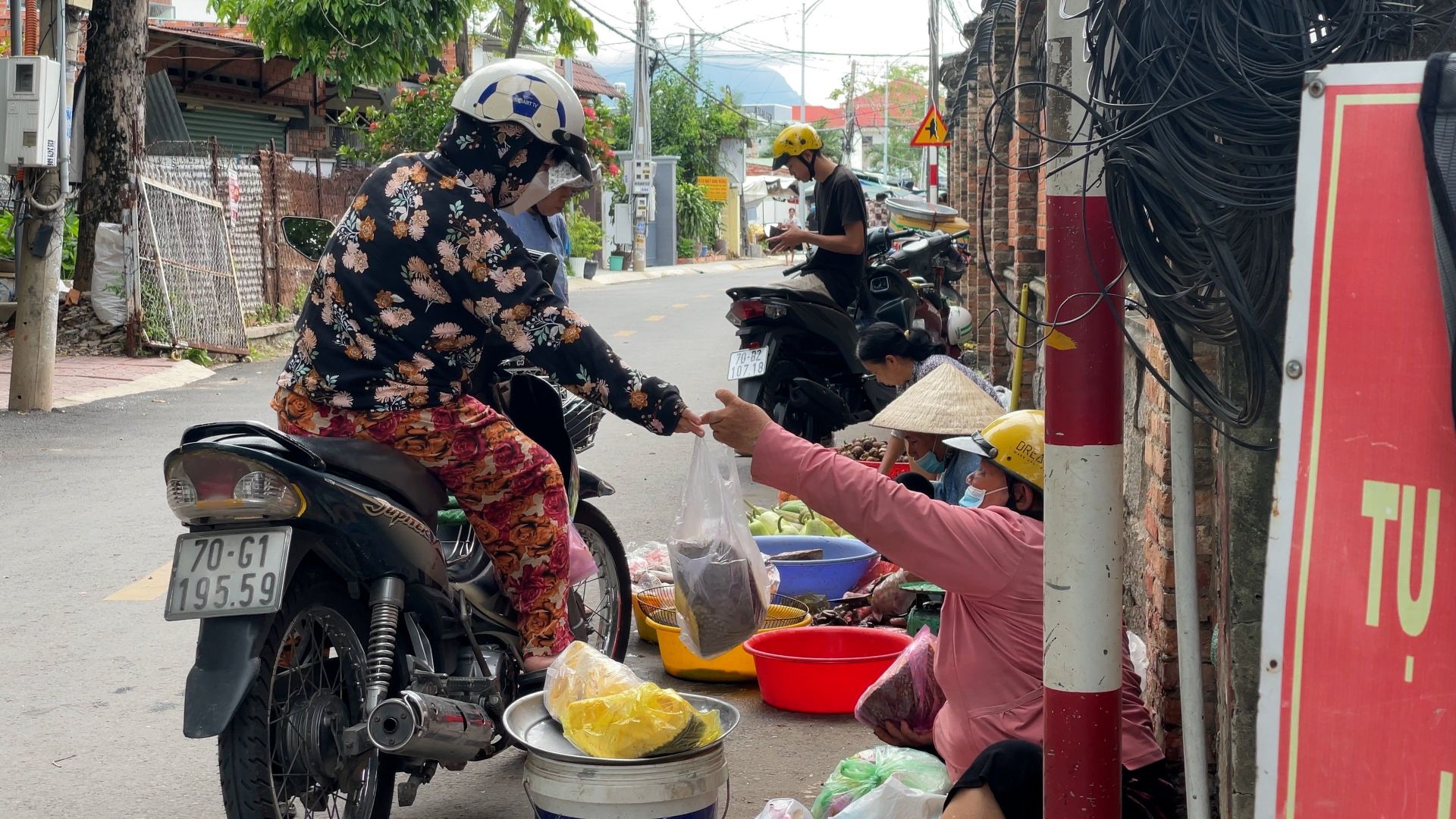
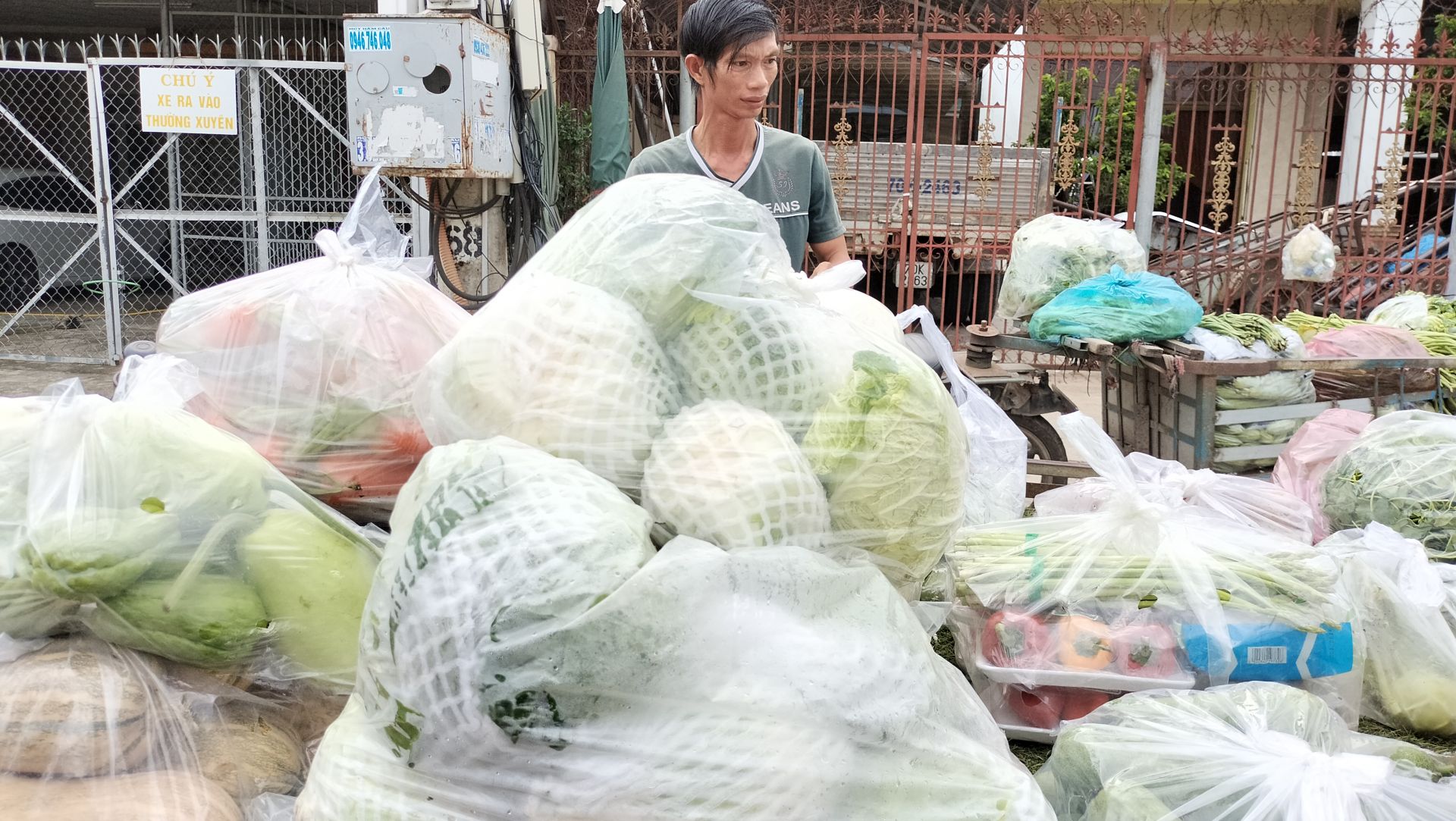




![[Photo] T&T 1 and Ho Chi Minh City 1 People's Police Teams won the men's and women's team championships](https://vphoto.vietnam.vn/thumb/1200x675/vietnam/resource/IMAGE/2025/5/22/39db06ae67cb4001b7a556e8d9a56d07)

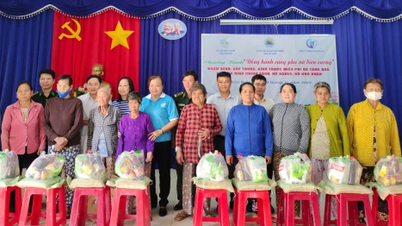

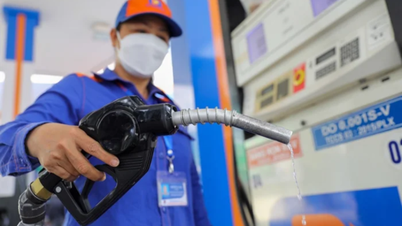


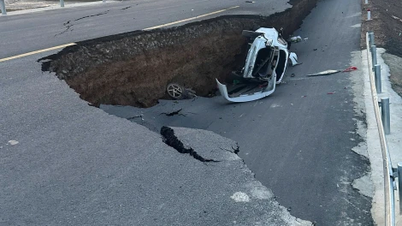





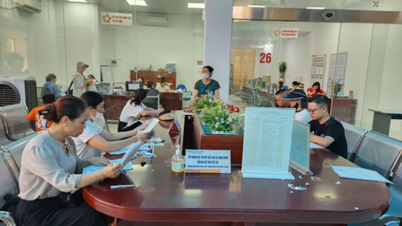


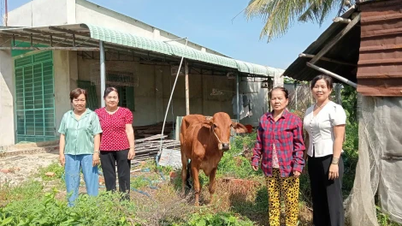




















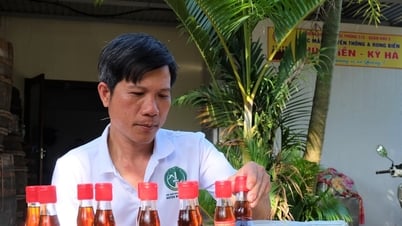
























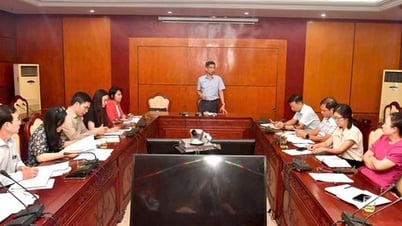

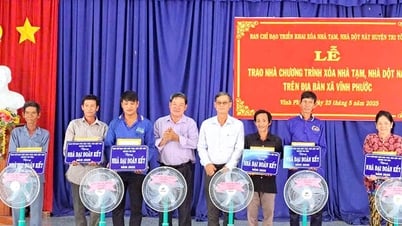

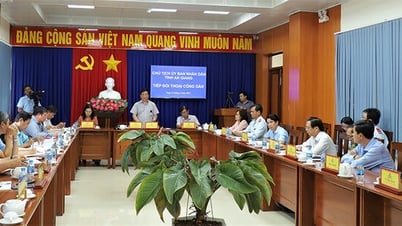
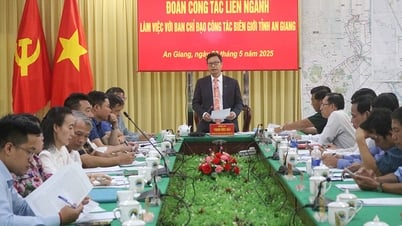


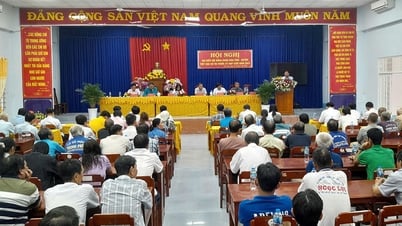










![[Podcast] Week introducing more than 500 OCOP products in Hanoi](https://vphoto.vietnam.vn/thumb/402x226/vietnam/resource/IMAGE/2025/5/22/d144aac2416744718388dbae3260e7fd)

Comment (0)